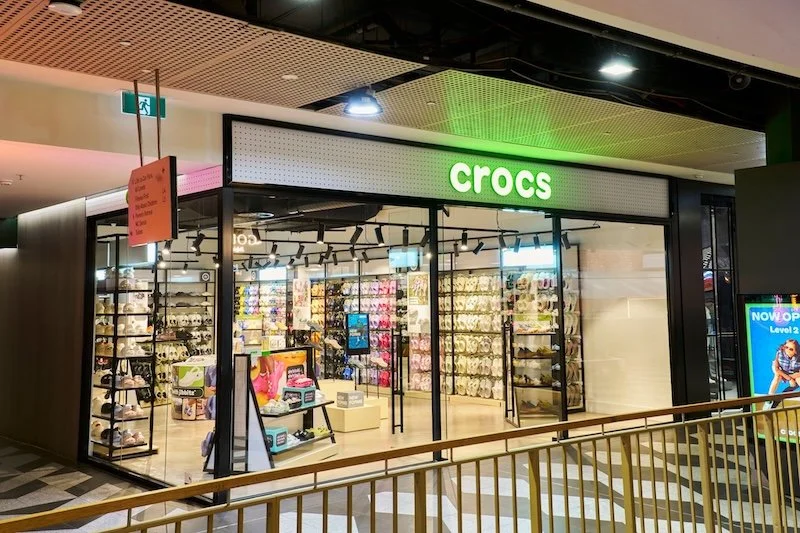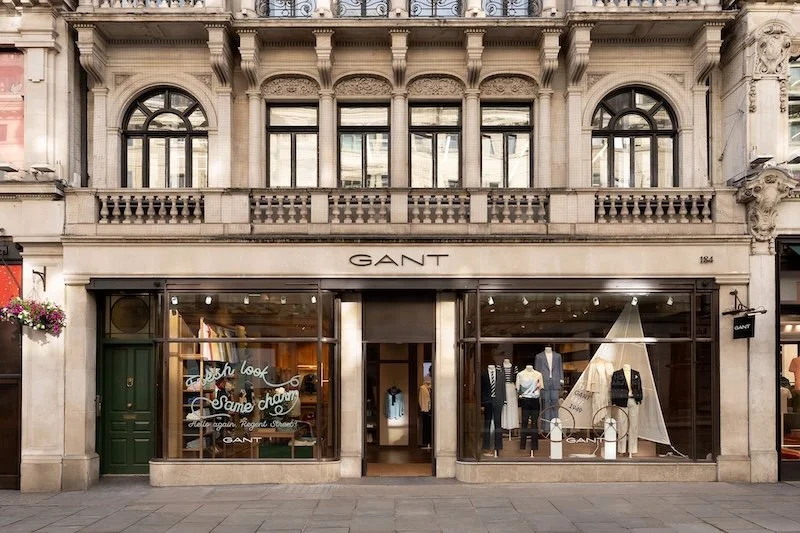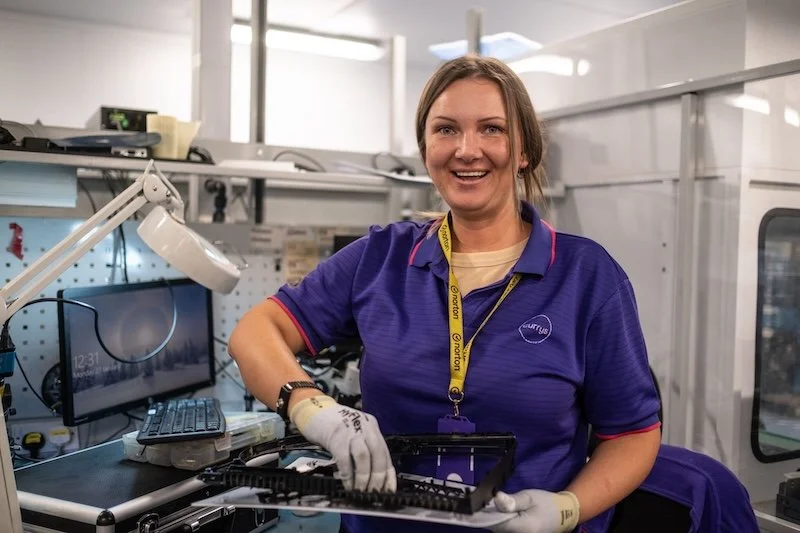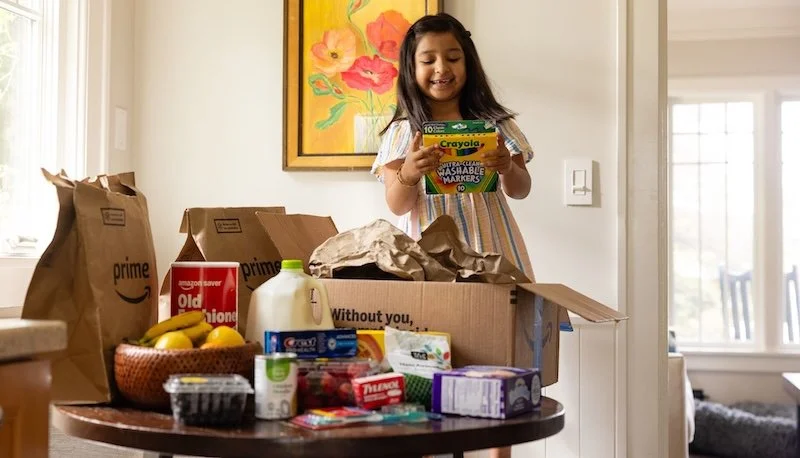The impact of blockchain technology on retail: from payments to supply chain
The retail industry recorded an all-time high quarterly revenue of $266 million in the US from July to September 2022, signalling rapid growth. A significant reason for this growth is the adoption of technology to increase its market cap, reach a wider audience, and solve most of its problems.
One of the technologies revolutionising the retail landscape is blockchain, which provides a secure platform for transactions in the supply chain.
Let’s explore how retailers can leverage blockchain technology to enhance transparency, streamline operations, and improve customer experience.
Payment systems
Retailers often face issues associated with traditional payment systems, such as high fees and slow transaction times. Integrating a blockchain-based payment system will help retailers avoid intermediaries, reduce transaction costs and offer customers a more efficient and secure payment method.
Visa’s plan to develop a blockchain-based system for instant payments exemplifies the awareness of the need to incorporate innovative payment methods, and blockchain fits the bill. This system will allow consumers to make payments instantly and avoid intermediaries, regardless of time zone or location.
Additionally, digital currencies on blockchain-based payment systems can help facilitate cross-border transactions by cutting down on foreign exchange fees. However, in terms of foreign exchange, retailers may need to use the DXY, which measures the value of the US dollar. The information in the DXY allows for comparing the US dollars against several other foreign currencies.
Hence, retailers can make informed decisions regarding cross-border transactions by having up-to-date information on currency fluctuation.
Supply chain
Retailers often have a complex supply chain that involves multiple parties like manufacturers, suppliers, and distributors. Such complexity makes tracking goods difficult, leading to delays, loss of products, and customer dissatisfaction.
However, blockchain technology provides retailers a transparent and secure means to monitor their supply chain. Via a distributed ledger, retailers can create a fixed and rigid record of transactions throughout the supply chain.
For example, suppose a product is damaged during transport. In that case, retailers can use blockchain technology to track the location and movement of the product, identify where the damage occurred, and hold the responsible party accountable.
This level of transparency and accountability helps retailers minimise losses and reduce fraud risk and theft.
Customer loyalty
Alongside payment systems and supply chain management, blockchain technology can also be used to enhance customer loyalty programs. Retailers can offer customers a secure and transparent way to redeem rewards with blockchain-based tokens helping them build stronger relationships with their customers and increase future leads.
In addition to creating blockchain-based tokens, retailers can use blockchain technology to boost customer loyalty via product authentication.
Counterfeiting is a significant problem in the retail industry, with counterfeit goods costing the global economy $509 billion annually, representing a 3.3% increase since 2019. This means that for every $100 worth of goods traded globally, $3.3 worth of those goods were counterfeit.
With blockchain-based digital certificates, retailers can ensure the authenticity and provenance of their products. They can combat counterfeiting and give their customers greater confidence in the products they purchase, thereby improving their loyalty.
Moreover, blockchain technology can also highlight how products are sourced.
Using the fashion industry as a case study, a retailer using blockchain can record the details of each garment, such as the type of fabric used, the manufacturing location, and the quantity available. As this information is stored on the blockchain, it is accessible to the retailer and the end consumer.
Such information enables customers to verify if a garment has been produced under ethical and sustainable conditions, empowering them to make informed purchasing decisions.
This is increasingly becoming important to customers who are interested in the provenance of the products they purchase and are concerned about the impact of their consumption on the environment.
Blockchain technology has the potential to revolutionise the retail industry. From payments to supply chain management, blockchain can help retailers streamline their operations, enhance transparency and security, and improve customer experience.
Additionally, integrating blockchain technology into retail platforms can offer a more secure and transparent retail experience while providing new opportunities for innovation and growth.

















Continue reading…